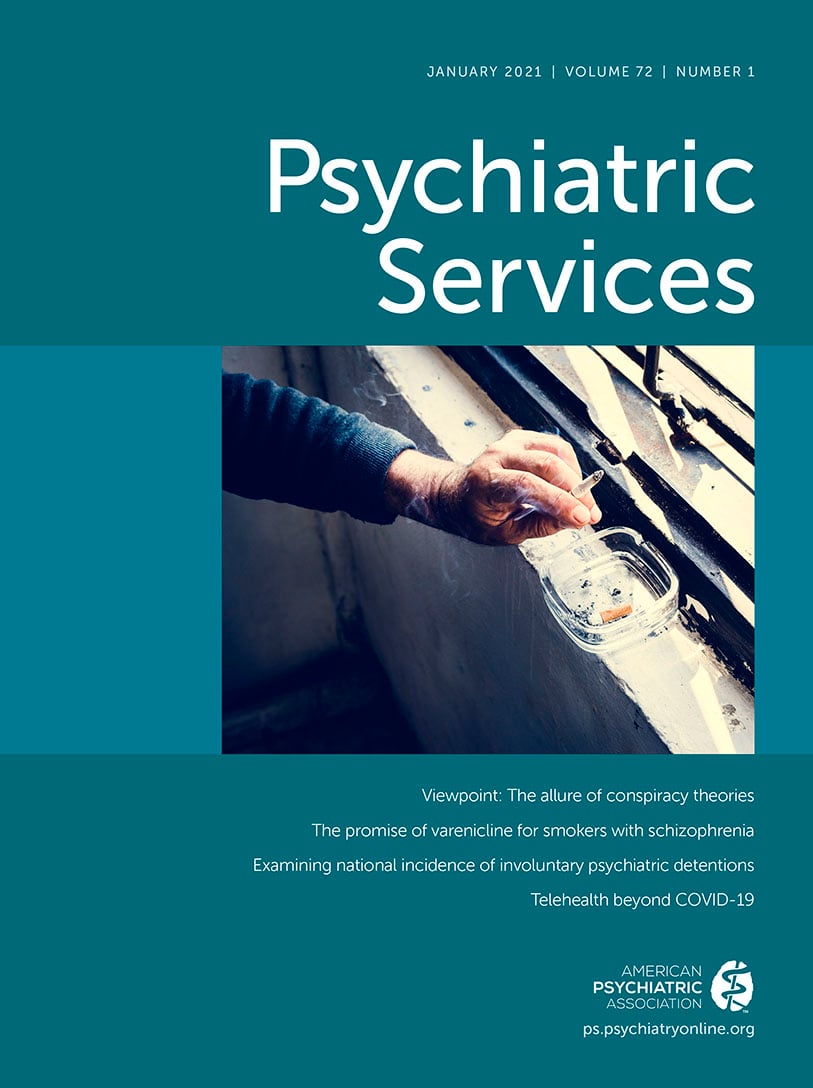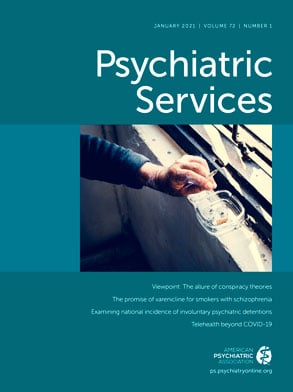Schools As a Vital Component of the Child and Adolescent Mental Health System
Abstract
HIGHLIGHTS
Knowledge and Limitations
Evolution of School Mental Health
Persistent Obstacles
Best Practices
Comprehensive School Mental Health Systems
BOX 1. Core features of comprehensive school mental health systemsa
Tier 1: Universal mental health promotion and prevention for all students.
Tier 2: Selective mental health services for students at risk for impairing mental health conditions.
Tier 3: Onsite mental health treatment for students impeded by mental health conditions.
Universal mental health screening and monitoring for all students.
| Concern | Strategy |
|---|---|
| Mental health is a family or personal concern, not a school concern | Communicate that mental health affects academic success, that school staff are often trusted partners familiar with the student and family over time, and that student and family input shape implementation. |
| Measurement error (e.g., false positives) | Use psychometrically sound measures to identify problems early, a multigated procedure to produce more accurate findings, and continuous monitoring (instead of one-and-done screening); measure impact on functioning beyond symptomatology. |
| Inadequate staffing and resources | Start small (limit number of students screened, scope of screening target); leverage school and community resources and staffing; use no-cost/low-cost tools; perform cost-benefit analysis of early identification/intervention. |
| Disagreement among collateral reporters | Collect information from multiple reporters and resolve discrepancies. |
| Privacy of information and data | Develop a consent/assent process that allows students and families to easily opt in or out; address concerns about data privacy (e.g., HIPAA and Family Educational Rights and Privacy Act regulations). |
| Stigma of mental illness and labeling | Use mental health literacy for students, families, and school staff to decrease stigma and promote help-seeking; address student and family concerns about how findings will be used; assess student strengths and assets to avoid pathologizing and negative impacts of labeling. |
Policy Implications
Universal Mental Health Promotion in Schools
Require the selection of indicators of student mental health and well-being.
Incentivize teaching education programs to include mental health literacy.
Establish mental health as a state-required component of K–12 curricula.
Leverage federal Title I and Title IV funding to provide universal mental health programming, including SEL, for students.
Expand federal grants to state and local education and behavioral health authorities to increase mental health awareness and promotion in schools.
Early Identification, Intervention, and Treatment in Schools
Expand existing federal workforce development programs.
Expand federal, state, and local funding for student instructional support personnel.
Require health plans to reimburse for mental health screenings conducted in schools.
Maximize reimbursement for school mental health services.
Expand reimbursement and technical assistance for telepsychiatry services in schools.
Require evidence-based practices that align with national performance standards for school mental health.
Coordination of School and Community Mental Health Systems and Other Child-Serving Systems
Establish centralized state organizational infrastructures.
Implement Medicaid waivers or state plan amendments that align Medicaid, early intervention, and individual education program services.
Provide federal grants to state and local child-service agencies that require cross-agency coordination and investment in school mental health.
Offer federal and state guidance and funding to support navigating privacy and data sharing across child-serving systems.
State and Provincial Examples of Advancing School Mental Health
| State/province | Innovation | Details |
|---|---|---|
| Maryland | Building school mental health infrastructure, training, and implementation support into state school safety budget | Passage of the 2018 Safe to Learn Act included mandates and funding to provide support within all local school districts; appointment of mental health services coordinators to develop plans and maximize funds for mental health and wraparound services and to ensure students referred for mental services receive care; grants from Safe Schools Fund may be used to develop plans and provider training to deliver school mental health services (https://www.safeschoolsmd.org) |
| Massachusetts | Locally driven statewide school mental health consortium to enhance shared learning and networking across districts | Initiated by director of school counseling in one local district; relied on a community-of-practice framework to develop a rapidly evolving network of local school districts, all interested in joining a community focused on improving school mental health quality; member districts voluntarily participate on the basis of their recognition of the growing mental health and substance use needs of students; promotes shared learning, collaboration, and consultation between districts; gained support from state education and behavioral health agency leadership (http://www.methuen.k12.ma.us/departments/special-education/guidance/massachusetts-school-mental-health-consortium-masmhc) |
| Minnesota | Using local school mental health impact data to compel state government and Medicaid leaders to fund statewide school mental health | Local district demonstrated success of community-partnered school mental health efforts through systematic data collection and dissemination; local success led state legislature to fund state infrastructure grants that now support school-linked mental health services throughout state; partnered with state Medicaid leadership to amend Medicaid state plan to provide reimbursement for ancillary mental health supports in school (e.g., teacher consultation, school team meetings); starting in 2018, $4.9 million in school innovation grants awarded to 5 districts over 2 years to improve student mental health, including returning students to home school district and reversing disproportionate impact on students from racial-ethnic minority groups |
| Ontario | Implementation-support team funded by Ministry of Education to support mental health in provincial schools | Provincial implementation support team designed to support all Ontario school boards (districts) to promote student mental health and well-being using evidence-based approaches; infused implementation science into local school mental health efforts via mental health leadership team, offering direct support to local boards through ongoing coaching and resources; supports scaling up of evidence-based, multitiered mental health supports and services via ACQESS (alignment, consistency, quality, engagement, scalability, and sustainability) framework (https://smho-smso.ca/) |
| Wisconsin | Leveraging federal funding to establish state school mental health framework | Three large-scale grants awarded in 2014: Safe Schools/Healthy Students, Project AWARE (Advancing Wellness and Resiliency in Education), and School Climate Transformation; adoption of state school mental health framework; establishment of state and community management teams to carry out efforts; braided funding from teams to engage >100 schools in professional development, technical assistance, and coaching (https://dpi.wi.gov/sspw/mental-health; www.schoolmentalhealthwisconsin.org) |
Conclusions
Supplementary Material
- View/Download
- 154.03 KB
References
Information & Authors
Information
Published In
History
Keywords
Authors
Competing Interests
Funding Information
Metrics & Citations
Metrics
Citations
Export Citations
If you have the appropriate software installed, you can download article citation data to the citation manager of your choice. Simply select your manager software from the list below and click Download.
For more information or tips please see 'Downloading to a citation manager' in the Help menu.
View Options
View options
PDF/EPUB
View PDF/EPUBLogin options
Already a subscriber? Access your subscription through your login credentials or your institution for full access to this article.
Personal login Institutional Login Open Athens loginNot a subscriber?
PsychiatryOnline subscription options offer access to the DSM-5-TR® library, books, journals, CME, and patient resources. This all-in-one virtual library provides psychiatrists and mental health professionals with key resources for diagnosis, treatment, research, and professional development.
Need more help? PsychiatryOnline Customer Service may be reached by emailing [email protected] or by calling 800-368-5777 (in the U.S.) or 703-907-7322 (outside the U.S.).

